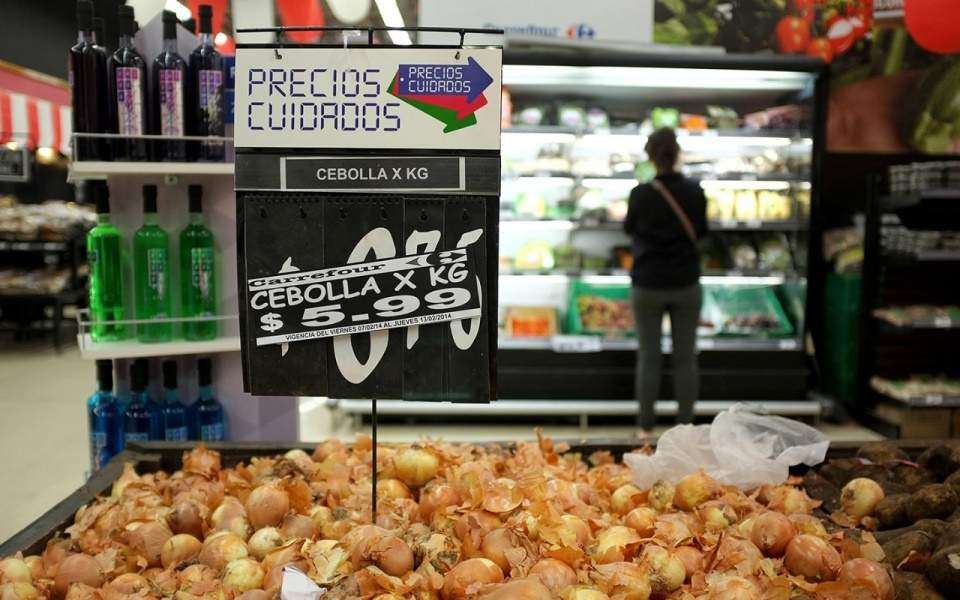Inflation reaches its lowest point since the Covid pandemic, marking a significant achievement for Milei. Argentina’s monthly inflation has decelerated to its lowest point since the peak of the pandemic, marking a significant achievement for President Javier Milei in the lead-up to an important midterm election. In May, consumer prices experienced a 1.5 percent increase compared to April, significantly underperforming the two percent median forecast established by economists surveyed by Bloomberg, marking the lowest figure since May 2020. According to government data published Thursday, annual inflation has decelerated to 43.5 percent.
In May, food prices experienced a modest increase of 0.5 percent relative to the prior month, influenced by seasonal factors, thereby contributing to disinflationary trends. In the greater Buenos Aires region, vegetable prices experienced a significant decline of 9.8 percent, whereas fruit prices decreased by 1.7 percent over the same period. Excluding the months impacted by Covid, May’s inflation rate represents the lowest level observed since November 2017. Communication services, restaurants, and health sectors experienced the most significant increases. “May’s print surprised well to the downside, clocking below our estimates, driven by a wave of seasonal disinflation,” stated Santiago Resico, an economist at brokerage firm one618.
Several consulting firms adjusted their May projections following the release of data from Buenos Aires city on Monday. In the capital city, prices experienced a modest increase of 1.6 percent over the month, marking the lowest rate of growth since June 2020. The deceleration in the food and beverages sector, which exerts the most significant pressure, was influenced by seasonal dynamics, notably diminished rainfall. Additionally, the impact of reduced taxation, stability in currency fluctuations, and retail promotions contributed positively to this trend. Moderate price increases are expected to persist until July, coinciding with the onset of the winter holiday, as reported by one618.
Argentina is set to hold elections in October, during which a significant portion of the national Congress will be contested, with Milei’s economic policies taking center stage in the electoral discourse. A favorable election outcome for Milei may reassure cautious investors that his pro-market reforms are likely to be enduring. In September, the province of Buenos Aires, which accounts for nearly 40 percent of the population, will conduct elections for its local representatives. The outcomes are expected to have significant implications that will resonate throughout the country and its markets.
On Monday, the Central Bank announced a series of initiatives designed to assist the South American nation in increasing its hard-currency reserves. The monetary authority announced that local currency bonds are now available for purchase with US dollars and has removed the minimum holding period for foreign investors regarding certain Argentina notes, along with other measures. The country finalized a repurchase agreement valued at US$2 billion with a consortium of seven international banks on Wednesday.
The subdued inflation report is likely to support the forthcoming treasury auction of peso instruments, Resico noted. The measures will consolidate disinflation and enhance the country’s monetary framework, as stated by the International Monetary Fund during a regularly scheduled press conference on Thursday. At the conclusion of the month, the lender will dispatch a technical mission to Buenos Aires to assess the nation’s advancements regarding its US$20-billion programme to date, spokesperson Julie Kozack noted.

